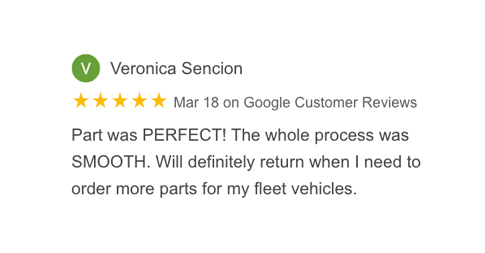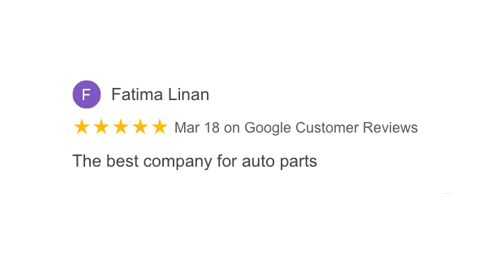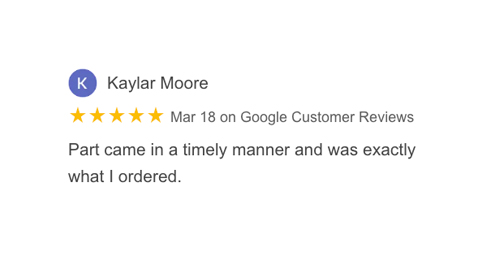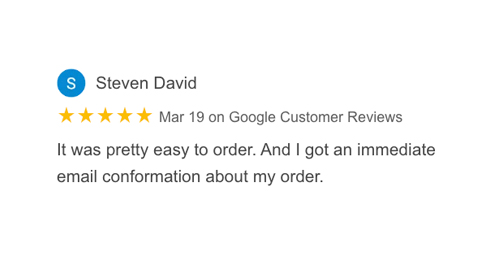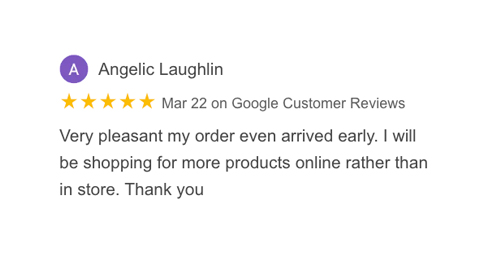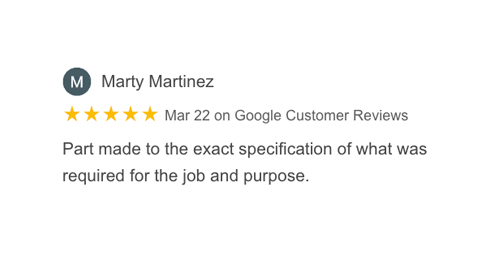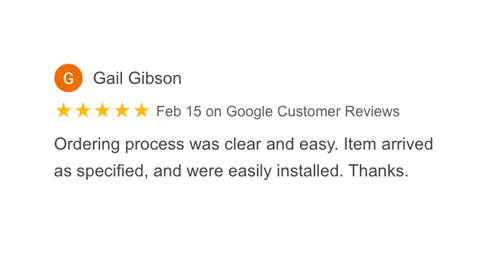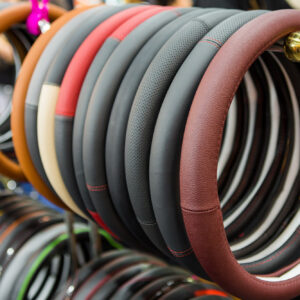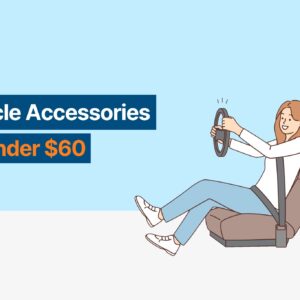A fishing trip requires more than enthusiasm and a couple of fishing rods. Having the proper equipment is essential to ensure everything goes smoothly. The lack of preparation can turn a fun idea into an absolute nightmare.
For one, your vehicle should be capable of handling all the tools and gear you’ll bring. Here are a few essentials to make your next trip a success.
Tools and Accessories to Bring to Your Next Fishing Trip
Some of the tools and accessories you’ll need to bring for your next fishing trip include bed liners, a cargo rack, storage boxes, and a toolbox.
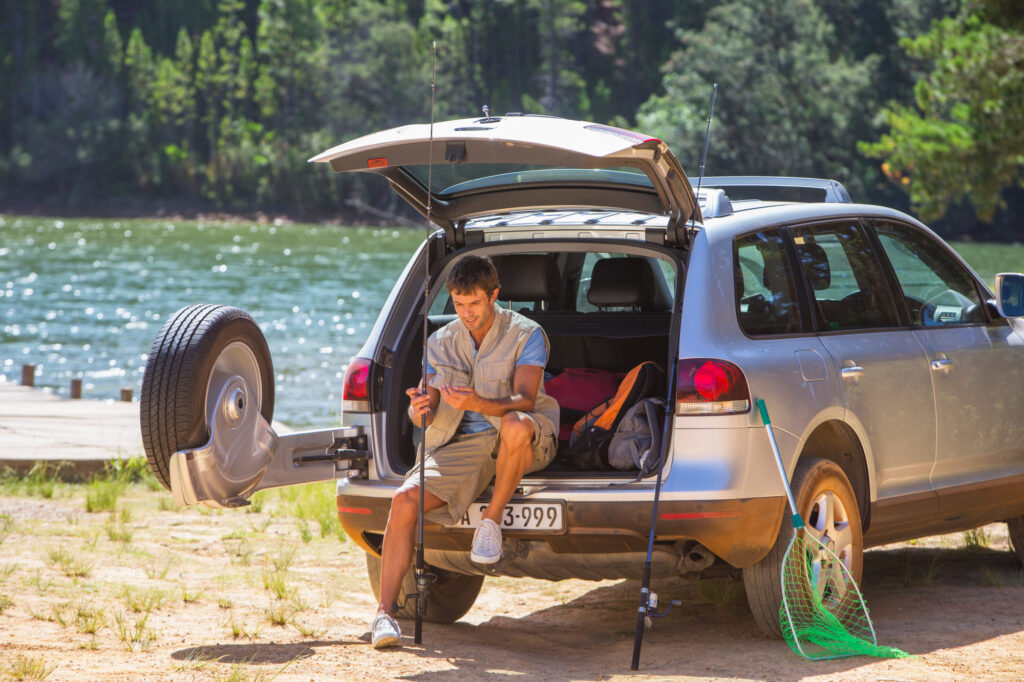
Bed Liners
A bed liner covers the bed of your pickup truck to protect it from scratches, dents, and rust while providing a non-slip surface to prevent cargo from slipping.
Expensive fishing poles, coolers, and others will naturally go on the bed on your way to the fishing site. A bed liner keeps your expensive gear from sliding around and getting damaged while on the road.
Bed liners are worth the purchase since you can use them for all types of adventures. At $200, you can get a durable liner that should last a while, making the purchase cost-efficient.
Cargo Rack
Cargo racks make it easy for you to transport gear and oversized items. They provide additional storage space above the truck bed in case you need to bring more equipment than expected.
This makes carrying all kinds of fishing gear, storage boxes, and other trip essentials easier.
The price of cargo racks varies, with some costing as much as $800. However, you can get a quality rack for as low as $75, which should work as well as premium ones.
Storage Boxes
Storage boxes let you keep smaller items inside your vehicle without sacrificing too much space and making a mess inside the cabin or on the truck bed. They’re durable and affordable, with some priced as low as $100.
Fishing isn’t just about the rod. You’ll need lures, baits, weights, and other small items to fish effectively. A storage box helps you be more organized by keeping all your necessary gear in one place.
Toolbox
Vehicle owners must always have a toolbox to store tools like pliers, socket sets, wrenches, screwdrivers, and more. These will come in handy in case of road emergencies, in case you need to change a tire or secure a cargo rack that’s gotten loose.
A small toolbox will cost around $50, while a bigger one can cost as much as $1,700.
First Aid Kit
It’s crucial to have a first aid kit inside your vehicle, regardless of whether you’re going on an overnight trip or traveling for a month.
Someone could get cut by the sharp hooks, slip on uneven ground, or even catch a cold from the cold weather while on your fishing trip. You can tend to all these with a single first aid kit since you’ll have gauze, medicine, and bandages stored inside.
You can get a kit from your local drugstore or order online. They shouldn’t cost much, as they can go for as low as $15.
Towing Kit
A towing kit includes the necessary components to tow another vehicle or a boat trailer safely. This usually includes a tow hitch, a jumper cable, safety changes, and a ball mount and a hitch ball, among others.
Fishing and boating go hand-in-hand, so having a secure tow hitch lets you safely transport your boat to your destination. Also ensure the included jumper cable is thick enough to jump the vehicle.
A basic towing kit costs around $40, while those with more components are priced around $450.
Other Items You Can Bring
Other items to bring on your next fishing trip include rain gear, a cooler, and a pocket knife.
Rain Gear
Keep rain gear on hand in case the weather goes haywire. Since you’ll be near a body of water, expect to get wet and bring clean clothes to change into.
Coolers
Bring a cooler to keep your catch fresh. Even if you come back to your vehicle or lodging empty-handed, you can still use it to store food and drinks to enjoy with your family or friends.
Knife
Lastly, a pocket knife or a multi-tool lets you cut lines and sharpen hooks. With a knife, you can prepare the fish if you want to cook then and there.
Fishing Trip Checklist
Before heading out on the trip, it’s important to prepare your fishing license, conduct some research on your destination, and practice good fishing etiquette.
Prepare Your Fishing License
Most states require people to obtain a recreational fishing license before fishing on land or water. Fortunately, fishing licenses are easy to get and relatively inexpensive. Some states offer fishing licenses for free or at a reduced cost for people 16 years old and below or 65 years old and older.
Make sure to do your research and apply for the correct license beforehand, especially if you’re driving to another state to fish. Aside from being slapped with a fine, authorities may confiscate your fishing equipment if you fail to follow the state’s fishing regulations.
Research the Place
Research where you’re going first, especially if you’re looking for certain fishes. Certain bodies of water may not have the creatures you’re looking for, and even if they do, they may not be abundant during that season. Ask locals and experts to make the best out of your trip.
Respect Fishing Etiquette
Lastly, ensure you follow proper fishing etiquette. There’s a good chance you’re not the only one there, so it’s important to be respectful of others.
Keep noise levels down, keep your distance from other wranglers, and only take what you need–especially if the fish population isn’t high.
Any information provided on this Website is for informational purposes only and is not intended to replace consultation with a professional mechanic. The accuracy and timeliness of the information may change from the time of publication.

